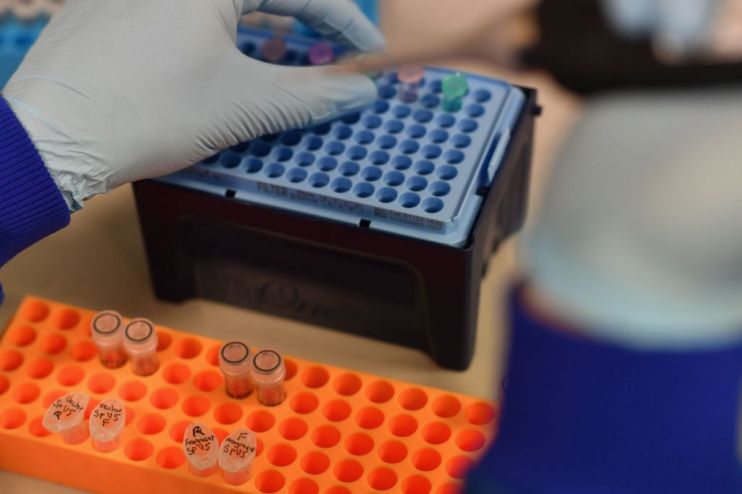Astrazeneca CEO: Coronavirus vaccine will likely protect for a year

A potential coronavirus vaccine spearheaded by Astrazeneca and the University of Oxford will likely provide protection against Covid-19 for a year, the pharma giant’s CEO has said.
The British drugs firm this week began human trials of the possible vaccine in collaboration with the University of Oxford, with clinical testing entering its third phase.
“We think it will protect for about a year,” said Astrazeneca chief executive Pascal Soriot on Belgian radio station Bel RTL today.
Soriot’s comments – if true – place the Astrazeneca vaccine firmly ahead in the global race for coronavirus protection, as the death toll from Covid-19 tops 432,000. The firm now says it is on course to deliver 2bn doses of the drug by the end of the year.
Shares in the firm were up 1.4 per cent to 8,401.45p at 10.30am.
The pharmaceuticals company last weekend confirmed it had signed contracts with France, Germany, Italy and the Netherlands to supply the European Union with up to 400m doses of the potential vaccine by the end of 2020.
Astrazeneca has also made deals with the UK, the US and vaccine alliances to supply more than 700m doses. It will also distribute 1bn doses of the potential vaccine to low and middle-income countries via the Serum Institute of India. China, Brazil, Japan and Russia have also expressed interest.
“If all goes well, we will have the results of the clinical trials in August to September [and] we will be ready to deliver from October if all goes well,” said Soriot.
The firm yesterday reached a deal with New Jersey-based Catalent to finalise manufacturing and packaging for the vaccine. As part of their agreement, Catalent will help Astrazeneca produce “hundreds of millions of doses” of the drug, beginning in August, a spokesperson said.
Last month, Soriot told the BBC: “The question will be whether it actually completely clears the virus or stops people from being sick.”
The UK government has given the University of Oxford £65.5m towards the development of the vaccine. Astrazeneca said that it will not take any profit from the vaccine should it be rolled out during the pandemic.
It comes as Imperial College London last night confirmed it will begin human trials of its own development of a coronavirus vaccine on human subjects later this week.
The government has put £41m towards Imperial’s development of a vaccine, while an additional £5m has been donated through public philanthropy.
Before the Open: Get the jump on the markets with our early morning newsletter